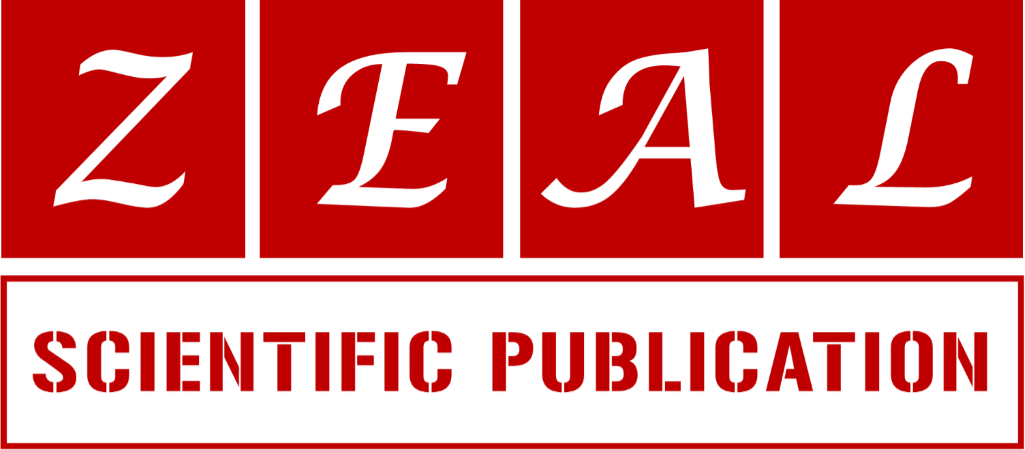Exposing zebrafish to both alcohol and nicotine for thirty minutes prior to a meal diminishes their inclination to seek food
Department of Basic Medical Science, Faculty of Medical Sciences, University of West Indies, Mona campus, Kingston, Jamaica, West Indies.
Research Article
World Journal of Advanced Pharmaceutical and Life Sciences, 2024, 06(02), 006–016.
Article DOI: 10.53346/wjapls.2024.6.2.0030
Publication history:
Received on 19 March 2024; revised on 08 May 2024; accepted on 11 May 2024
Abstract:
The global issue of drug abuse, particularly involving alcohol and nicotine, influences individuals' appetite levels, potentially leading to fluctuations in body weight. This study employed the zebrafish model to investigate food-seeking behavior under the influence of alcohol, nicotine, or their combination, as well as after drug withdrawal. When food was easily accessible, no significant differences in food aggression were observed between the exposed and non-exposed fish groups, except when nicotine was present, which notably reduced aggression levels towards food. However, 30 minutes post-drug withdrawal, food cravings in the alcohol-nicotine exposed fish groups resembled those of the control group when food was readily available. Yet, when food searching activity was required, aggression toward food significantly decreased after drug withdrawal in the nicotine and nicotine-alcohol combined exposed fish groups. This finding could contribute to the reported weight loss in individuals using alcohol and nicotine together. Further research is warranted to elucidate the underlying mechanisms.
Keywords:
Zebrafish; Alcohol; Nicotine; Co-abuse; Appetite Memory
Full text article in PDF:
Copyright information:
Copyright © 2024 Author(s) retain the copyright of this article. This article is published under the terms of the Creative Commons Attribution Liscense 4.0
